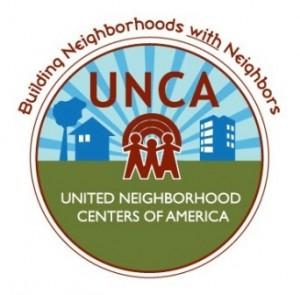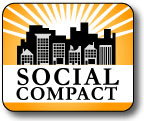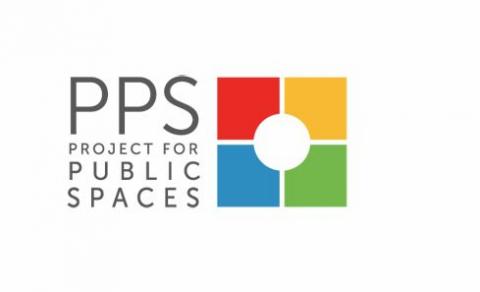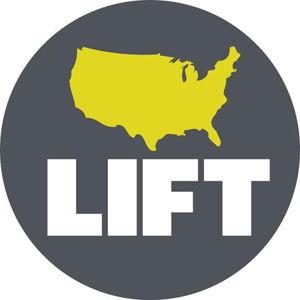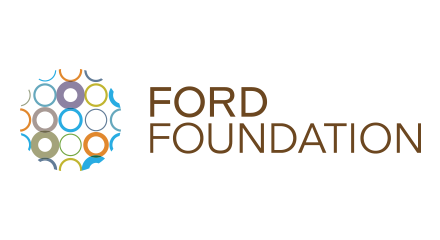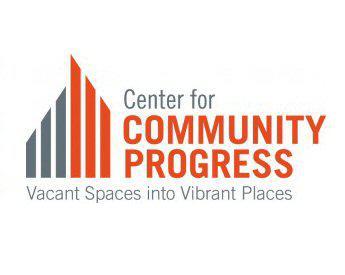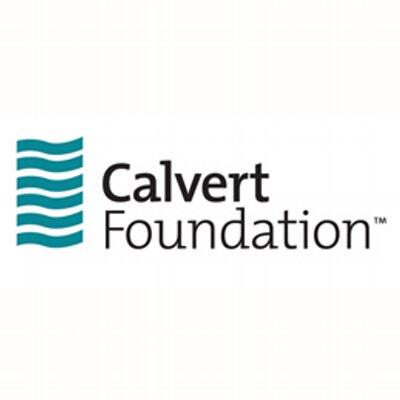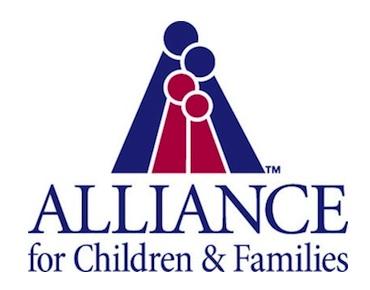United Neighborhood Centers of America is a national association representing neighborhood-based community centers throughout the United States. Formerly known as the National Federation of Settlements and Neighborhood Centers, it was founded in 1911 by Jane Addams and other pioneers of the settlement movement. Many of these settlement houses have expanded to become large community centers, whose programs include youth groups, senior services, neighborhood development projects, and services for immigrant and migrant workers. Read more about United Neighborhood Centers of America...
